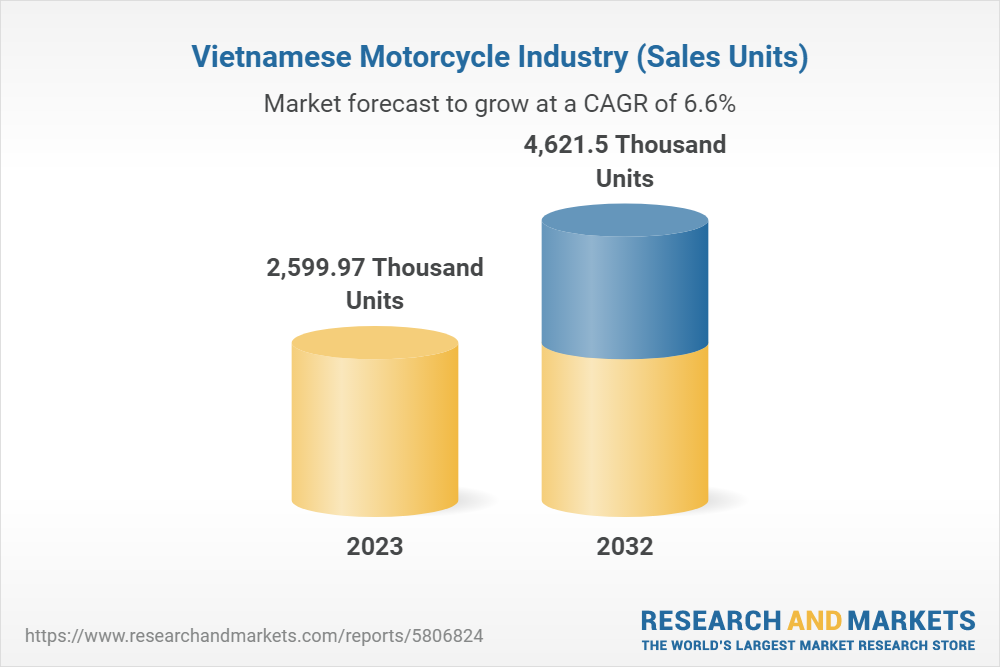Vietnam's status as the world leader in motorbike ownership is translating into promising market prospects across various sectors. A staggering two-thirds of Vietnamese adults own motorbikes, highlighting the crucial role these two-wheeled vehicles play in everyday life. This widespread reliance on motorbikes presents a significant opportunity for businesses catering to this dominant mode of transportation.
The most immediate beneficiary is, of course, the motorbike industry itself. With such a large and established user base, replacement parts, maintenance services, and even motorbike accessories are in high demand. Manufacturers are constantly innovating to cater to the evolving needs of Vietnamese motorbike owners. This includes a growing focus on fuel efficiency, safety features, and even motorbikes designed specifically for urban environments.
Beyond the motorbike industry itself, the dominance of motorbikes has a ripple effect across the Vietnamese economy. Businesses involved in logistics and deliveries heavily rely on motorbikes for their operations. The efficiency and affordability motorbikes offer make them the ideal choice for navigating Vietnam's bustling cities and rural areas. This, in turn, fuels the growth of e-commerce and other sectors that depend on a robust delivery network.
Furthermore, the high volume of motorbikes on the road necessitates a well-developed infrastructure for fuel distribution and gas stations. This translates into opportunities for companies involved in the oil and gas industry. Additionally, the need for safe and well-maintained roads creates a demand for construction and infrastructure development projects.
The dominance of motorbikes also presents a unique challenge – traffic congestion. Vietnamese cities are notorious for their crowded streets, and motorbikes are a significant contributor to this issue. This has led to a growing interest in alternative modes of transportation, such as electric scooters and ride-sharing services. These options offer a more environmentally friendly and potentially less congested alternative to traditional motorbikes.
Looking ahead, the future of Vietnam's motorbike market is likely to be shaped by a confluence of factors. Rising incomes could lead to a shift towards higher-end motorbike models with advanced features. Additionally, the growing focus on environmental sustainability is likely to drive demand for electric motorbikes and other eco-friendly options. As Vietnam continues to develop its urban infrastructure, regulations and policies aimed at improving traffic flow and safety for motorbikes will also play a crucial role.
In conclusion, Vietnam's high motorbike ownership rate presents a unique set of opportunities and challenges. By capitalizing on the existing market while adapting to evolving consumer preferences and environmental concerns, businesses can leverage this trend for long-term success in the Vietnamese market.

